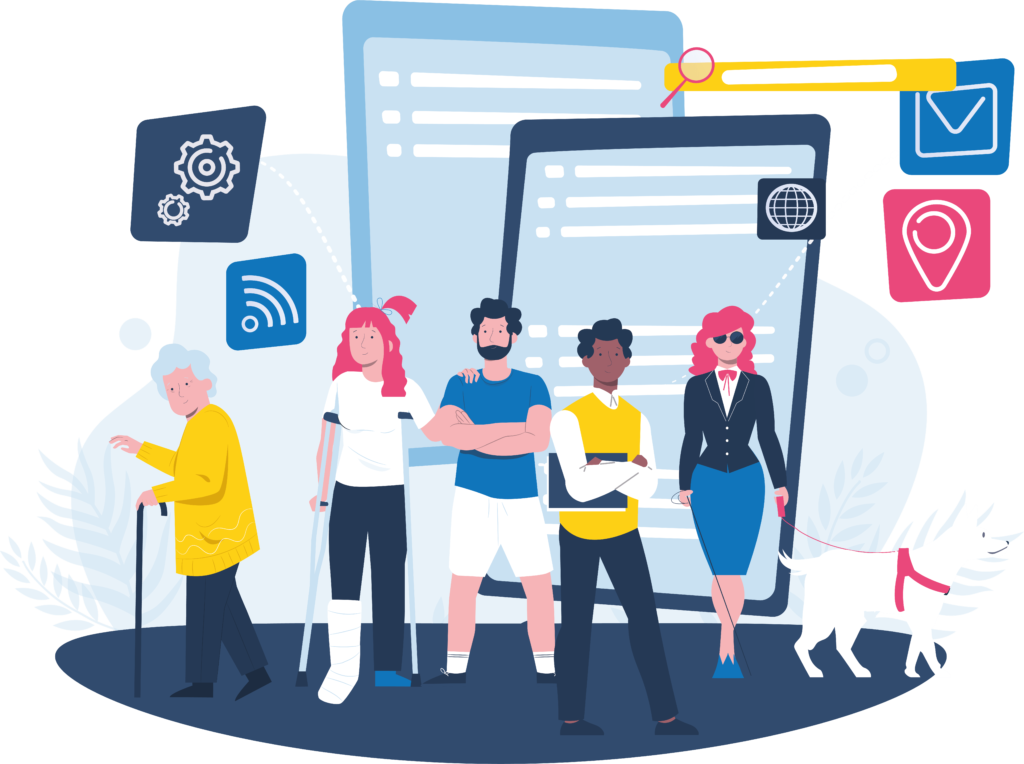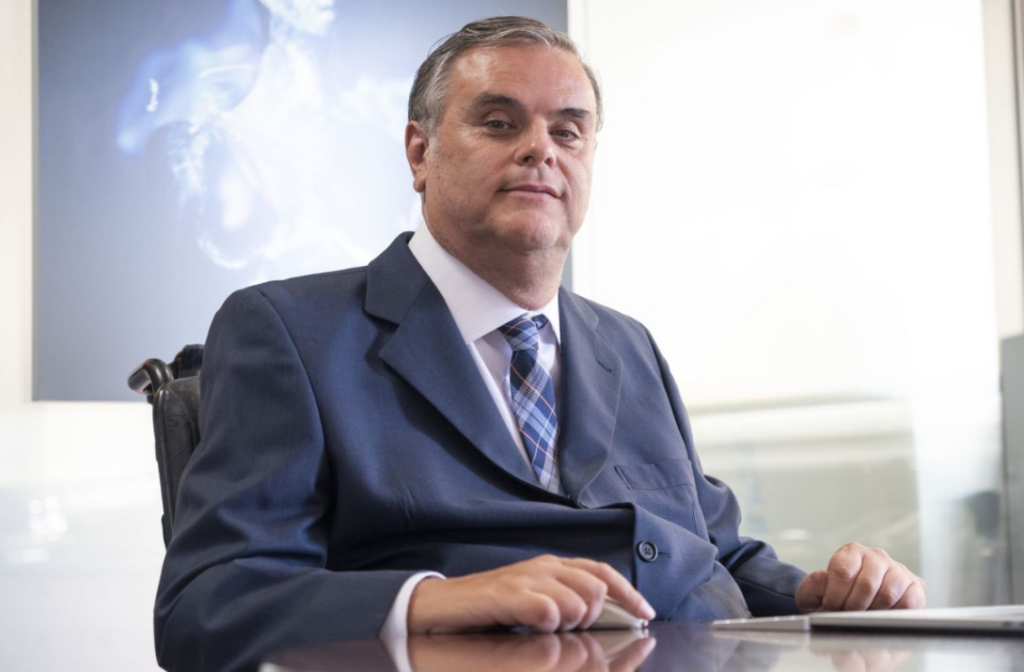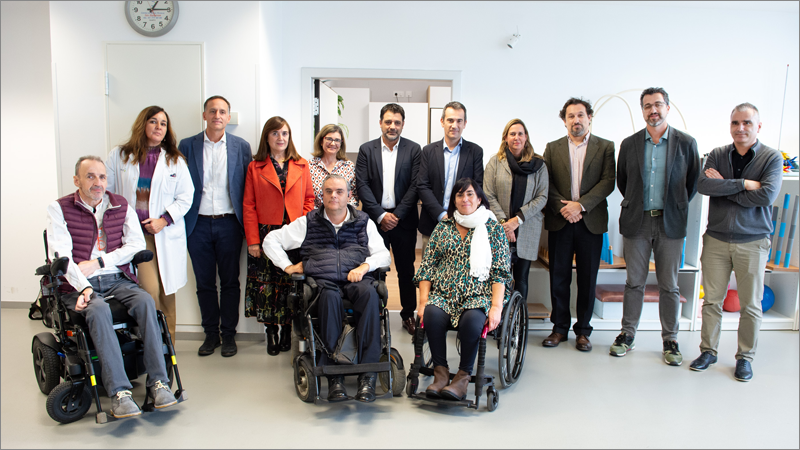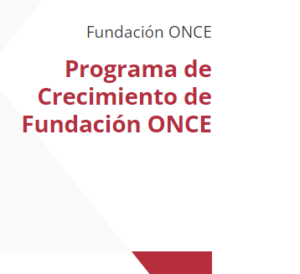
The adaptation of accessible content according to media includes:
- OOH: Use clear and simple language, and ensure the accessibility of materials and facilities.
- Events: Inform attendees about available accommodations, designate a person responsible for accessibility, and ensure accessibility of materials and facilities.Inclusive marketing
- Radio: Use clear and simple language, and provide subtitles for people with hearing disabilities.
- Stands: Use clear and simple language, and guarantee the accessibility of materials and facilities.
- Packaging: Use clear and simple language, and provide information in braille or in accessible formats for people with visual disabilities.
- Point of sale: Use clear and simple language, and guarantee the accessibility of materials and facilities.
- Physical documents: Use clear and simple language, provide textual alternatives for images and graphics, and ensure the accessibility of forms and links.
In summary, the adaptation of accessible content includes the use of clear and simple language, the provision of textual alternatives for images and videos, ensuring the accessibility of materials and facilities, and the use of subtitles and tags suitable for structuring the content. These practices seek to guarantee accessibility for people with disabilities.
The adaptation of accessible content includes the use of clear and simple language, the provision of textual alternatives for images and videos, ensuring the accessibility of materials and facilities, and the use of appropriate subtitles and labels to structure the content. These practices seek to guarantee accessibility for people with disabilities.
In the Marketing and Communication Guide Inclusiva from ILUNION addresses diversity from the audience we target and how they consume the content so that it reaches them in the appropriate way.
Source: DISCAPNET

 In collaboration with the ONCE Foundation, the National Hospital for Paraplegics of Toledo has launched a 40 square meter apartment completely automated. This apartment will function to train patients for daily living in housing when they leave the center, and even if they will live alone.
The technological equipment has been carried out by collaborators who have been involved in the project, among others Ugari Geriátrica, Simon, Samsung, Qvadis, Adom, Fama, Pardo and Carpintería ELIT.
The objective of this initiative has been to create a functional apartment of reduced dimensions to show that you can have an adapted home without needing many square meters.
The apartment is equipped with control systems, using both products available on the conventional market and other specific ones that allow access to different elements of the home for people with great motor limitations.
This environment provides a space for training in basic and instrumental activities of daily life, is a showcase of accessibility solutions in the home that enable the independence of people at home and creates an environment for conducting evidence-based research. related to independent living.
Regarding the technology included in this apartment, the lighting and home automation systems from Simon, the smart phone from Qvadis, and the kitchen appliances and television from Samsung stand out, which can be controlled through the company’s application.
Likewise, the apartment has countertop lifting systems and height-adjustable toilets thanks to Ugari Geriátrica, while the ceiling crane, the shower channel and the home automation systems have been provided by Adom. For its part, Fama has provided the sofa and the auxiliary tables in the living room; Pardo has given up the bed and Carpintería Elit has installed the kitchen furniture.
In the selection of each of the elements, not only functionality, but also its aesthetic component has been taken into account.
Source:
In collaboration with the ONCE Foundation, the National Hospital for Paraplegics of Toledo has launched a 40 square meter apartment completely automated. This apartment will function to train patients for daily living in housing when they leave the center, and even if they will live alone.
The technological equipment has been carried out by collaborators who have been involved in the project, among others Ugari Geriátrica, Simon, Samsung, Qvadis, Adom, Fama, Pardo and Carpintería ELIT.
The objective of this initiative has been to create a functional apartment of reduced dimensions to show that you can have an adapted home without needing many square meters.
The apartment is equipped with control systems, using both products available on the conventional market and other specific ones that allow access to different elements of the home for people with great motor limitations.
This environment provides a space for training in basic and instrumental activities of daily life, is a showcase of accessibility solutions in the home that enable the independence of people at home and creates an environment for conducting evidence-based research. related to independent living.
Regarding the technology included in this apartment, the lighting and home automation systems from Simon, the smart phone from Qvadis, and the kitchen appliances and television from Samsung stand out, which can be controlled through the company’s application.
Likewise, the apartment has countertop lifting systems and height-adjustable toilets thanks to Ugari Geriátrica, while the ceiling crane, the shower channel and the home automation systems have been provided by Adom. For its part, Fama has provided the sofa and the auxiliary tables in the living room; Pardo has given up the bed and Carpintería Elit has installed the kitchen furniture.
In the selection of each of the elements, not only functionality, but also its aesthetic component has been taken into account.
Source: 
